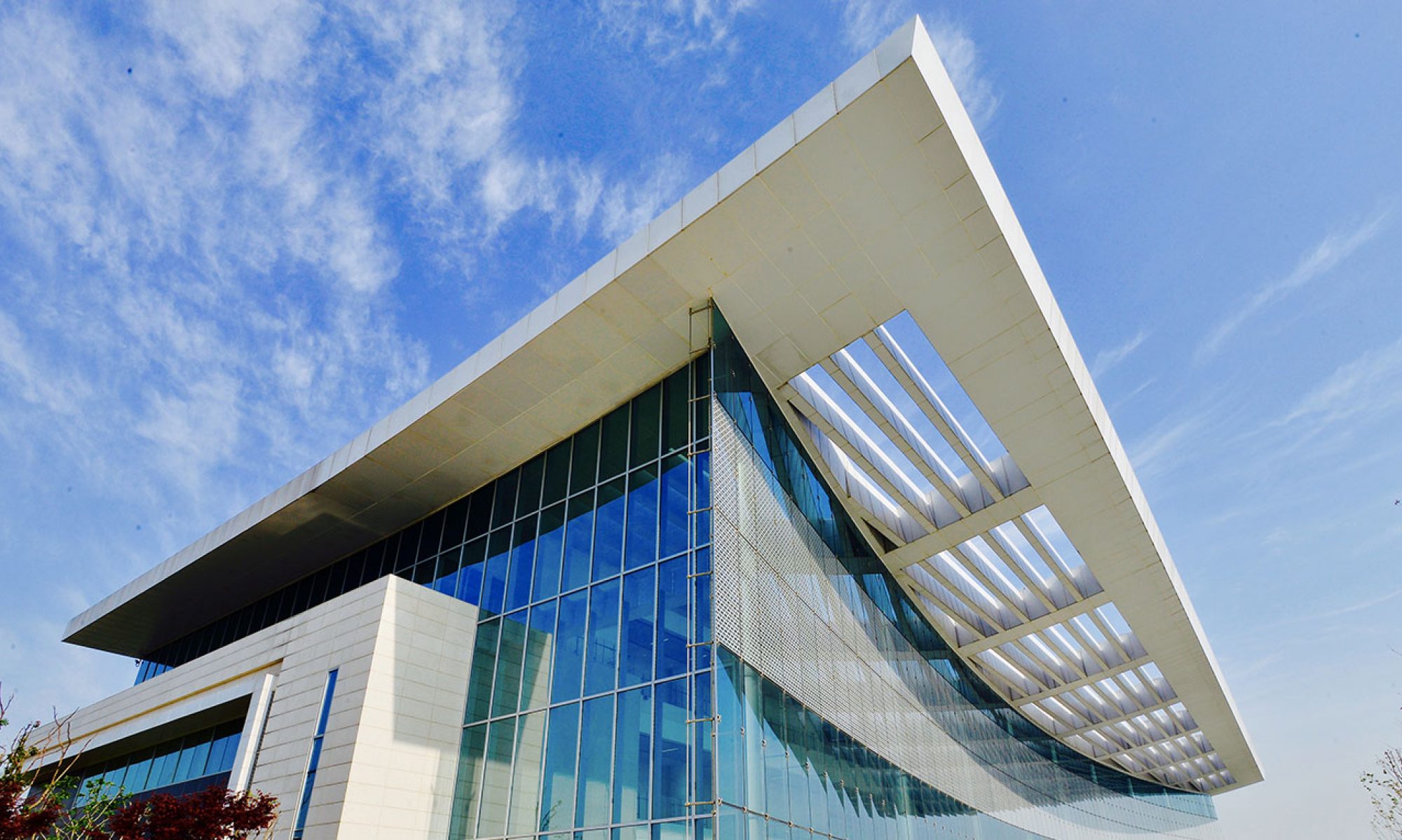Why Freedom Lab?
Exploring the relations and varieties of “freedom” and “un-freedom” in the modern world has been a central preoccupation of scholars in virtually every field of knowledge. In fact, many thinkers have seen the relation between freedom and un-freedom as the fundamental paradox, or problem, of the modern world.

(1868-1963)
For instance, W.E.B. Dubois observed that the growth of America’s democratic ideals and practices had been built upon the expansion of African slavery. Frantz Fanon later globalized this thesis, claiming that western notions of “freedom,” “citizenship,” or the “human” coincided with histories of enslavement, colonization, racialization, and dehumanization across the globe. Likewise, post-colonial theorists have explored the further contradictions of freedom that have emerged in the wake of national liberations from otherwise longstanding colonial oppression. Feminist thinkers revealed that the space of the most absolute autonomy in modern society—the private sphere—also happened to be the space where women worked for nothing, and where various forms of patriarchal oppression occurred.

(1925-1961)
The purpose of this lab is therefore to explore notions of freedom/un-freedom, their varied manifestations, and the intricate relations between them. We focus on such topics as colonialism/anticolonialism, capitalism/socialism, slavery/abolition and patriarchy/feminism. A collaborative and experimental platform designed in part to support signature work in DKU’s U.S. Studies major, the lab welcomes students and faculty with diverse yet intersecting interests to explore and engage with each other in ways that contribute to meaningful global debates within and beyond
